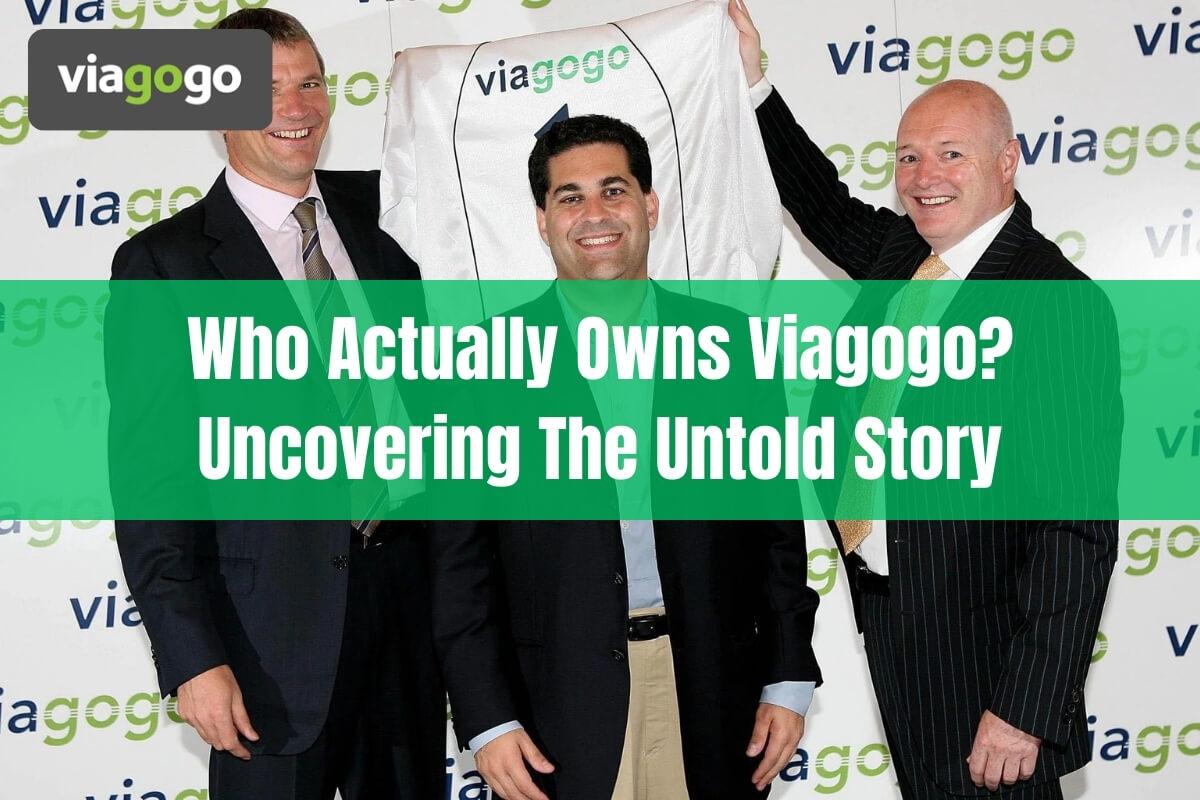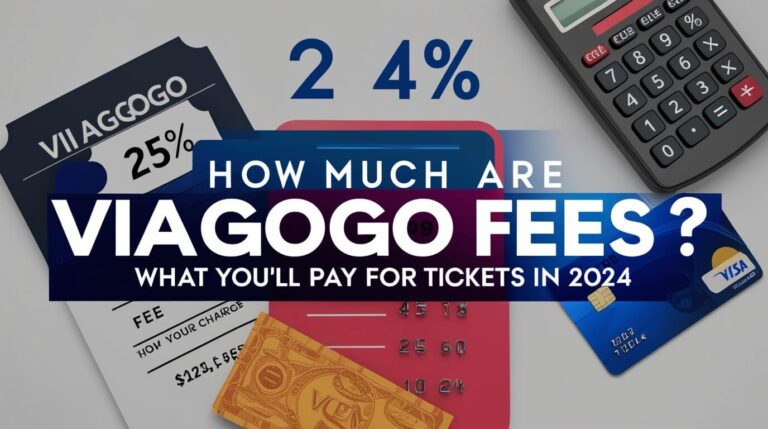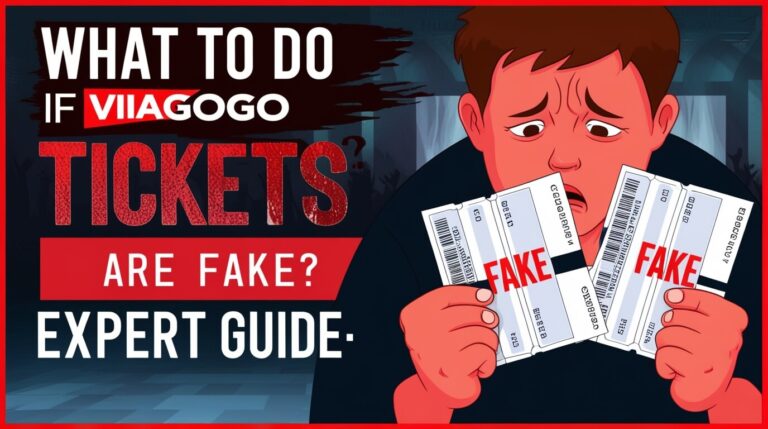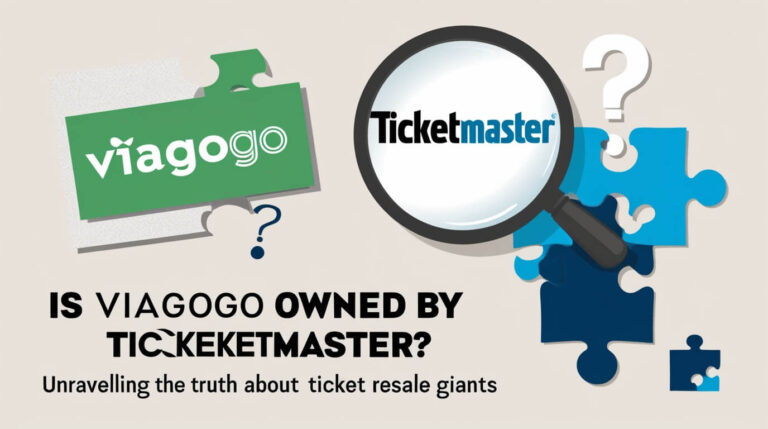
Have you ever purchased tickets on Viagogo, the prominent secondary ticket marketplace? If so, you may be curious about who actually owns and controls this major player in the ticket resale industry. In this in-depth blog post, we’ll uncover Viagogo’s origins, controversial history, and recent multi-billion dollar deals to finally answer: who owns Viagogo?
From Humble Beginnings to Launching StubHub
The story of Viagogo begins with entrepreneur Eric Baker. After graduating from Harvard and working at McKinsey and Bain Capital, Baker stumbled upon the idea for an online ticket marketplace in the late 1990s. When his girlfriend wanted to see The Lion King on Broadway, Baker was forced to sift through confusing options to find tickets from street brokers at inflated prices.
This experience inspired Baker to envision a better online solution where people could easily buy and sell tickets. In 2000 at Stanford Business School, Baker partnered with classmate Jeff Fluhr to turn this idea into reality by co-founding StubHub. Initially created as part of a business plan competition at Stanford, StubHub officially launched later that year as a pioneering online ticket marketplace.
Ousted from StubHub, Baker Swiftly Launches Viagogo
Although Baker helped build StubHub in its early days, he was forced out in 2004 after clashing with Fluhr who owned more shares and controlled the board. With no employment contract or non-compete, Baker wasted no time plotting his next move.
Just over a year after being ousted from the company he co-founded, Baker stealthily launched StubHub’s European counterpart Viagogo in London in 2006. Viagogo quickly secured partnerships with major soccer teams like Chelsea and Manchester United to gain a foothold in the UK ticket resale market.
eBay Acquires StubHub for $310 Million in 2007
In 2007, StubHub was acquired by eBay for $310 million. Baker has since expressed mixed feelings about StubHub’s exit, suggesting they sold too early but nonetheless pocketing tens of millions from his remaining stake.
While his old comrade Jeff Fluhr cashed out with StubHub’s sale to eBay, Baker was just getting started building Viagogo into a ticketing empire throughout Europe and beyond.
Baker Retains Full Control of Viagogo Through Supervoting Shares
Although it has expanded globally, Viagogo remains a private company primarily owned and controlled by Eric Baker. Viagogo is owned by Baker’s holding company Pugnacious Endeavors, headquartered in Delaware.
To avoid getting forced out again like at StubHub, Baker made sure to structure Viagogo’s ownership by giving himself supervoting shares amounting to total control. This tight grip on power has allowed Baker to aggressively grow Viagogo with his vision.
Major outside investors in Viagogo include Index Ventures, Brent Hoberman, and the Rothschild family through Jacob Rothschild – illustrating Baker’s knack for courting well-heeled backers.
Controversies Over Prices and Transparency Draw Global Scrutiny
Viagogo’s meteoric rise has been accompanied by plenty of controversies across the globe. The ticket marketplace has frequently faced accusations of exorbitant hidden fees, opaque pricing tactics, and enabling ticket scalping.
Ed Sheeran even canceled 10,000 Viagogo tickets to his shows, claiming they were invalid or counterfeits. These issues have sparked legal action against Viagogo in the UK, Europe, Australia, and elsewhere.
Critics allege the Switzerland-based company chooses locations like Geneva to avoid regulations in other markets. Nonetheless, Viagogo remains one of the dominant players in online ticket resale worldwide.
In a Stunning Power Move, Viagogo Buys Back StubHub for $4.05 Billion
In 2019, Baker saw his chance to regain control of the company that unceremoniously ousted him 15 years prior. After private equity firm Elliott Management acquired eBay and pushed to spinoff non-core assets, StubHub was put up for sale.
Sensing an opportunity for redemption, Baker orchestrated a $4.05 billion deal for Viagogo to buy back StubHub, the brand he co-founded and was jettisoned from. The acquisition closed in early 2020, allowing Baker to merge his two “babies” Viagogo and StubHub.
Pandemic Plunges Revenues and Threatens Viagogo’s StubHub Deal
Unfortunately for Baker, his blockbuster acquisition quickly turned into a nightmare due to horrendous timing. Just weeks after closing the $4.05 billion StubHub deal in early 2020, COVID-19 devastated the live events industry overnight.
With venues closed and events canceled worldwide, Viagogo’s revenues plummeted up to 95% practically overnight. StubHub infamously refused refunds, instead offering vouchers which angered consumers.
The UK government launched an antitrust investigation into the merger, freezing integration plans. The pandemic threw Viagogo’s finances and the entire StubHub acquisition into uncertainty.
What Does the Future Hold for Viagogo and StubHub?
Looking ahead, major questions remain about the future of Viagogo and StubHub under Baker’s control. Viagogo sold off StubHub’s international business in 2021 to satisfy UK regulators and complete the merger. But significant challenges lie ahead to revive growth and stabilize the combined entity.
Viagogo could look to investors for a cash infusion or loans to steady its finances. Eventually, Baker may eye an IPO to take the company public for further funding. However, paying down debts and restoring consumer trust present sizable hurdles in the interim.
In Conclusion
From his early days brainstorming StubHub at business school to buying it back for $4.05 billion, Viagogo founder Eric Baker has come full circle in the ticketing industry. Yet his rollercoaster journey has been filled with twists from getting ousted as CEO to controversies across Europe.
Through supervoting shares granting total control, Baker has cemented his grip as the singular owner of Viagogo. After years of persistent vision and audacious deals, Baker now faces his greatest test in steering his reunified ticket marketplace through the fallout of COVID-19.






